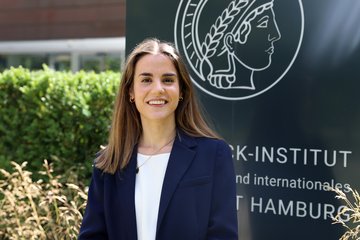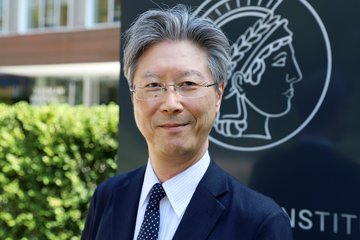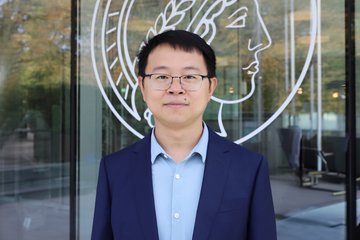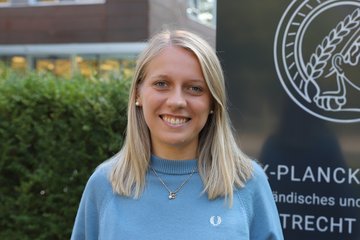Marina Murko, Konrad Zweigert Scholar 2021, in conversation
Before Marina Murko completed her law studies at the University of Vienna in 2019, she obtained a degree in European Social and Political Studies at University College London (UCL) and completed a year at the University of Leiden. From 2018 to 2021 she was a research and teaching assistant at the Institute for Corporate and Commercial Law at the Law Faculty of the University of Vienna, where she is currently a doctoral candidate. In addition to her studies, she has worked for several international organizations, NGOs and law firms.
What are you researching at the Max Planck Institute for Comparative and International Private Law?

My doctoral thesis analyses the intersection of private law duties owed by an enterprise – as specifically relates to transnational supply chains – and the consequently resulting corporate law obligations of their governing bodies. The inquiry deals with corporate social responsibility (CSR), a notion which has been discussed intensively in recent years. CSR encompasses, for instance, the various adverse effects that economic activity has for the environment, human rights or the situation of employees. The subject is particularly topical in terms of rapidly advancing regulatory developments in this area. With my work I hope to be able to make a small contribution to this important discussion.
What prompted you to do research at the Institute?
The Max Planck Institute in Hamburg is known far beyond Germany's borders for its research in the fields of private and corporate law, including private international law. Many of the publications produced here are germane to my research topics. In addition, as relates to the areas relevant to my work, the Institute's library has one of the most extensive collections in the German-speaking world. The stock of comparative law literature as well as literature on almost every national legal system opens up completely new perspectives.
In addition to these academic motivations, the Institute’s Hamburg location is of course a great advantage. For those times when you are not immersed in the broad spectrum of library materials, the city holds out many rewards with its sights, parks, shopping opportunities and cultural offerings.
How would you describe the Institute to someone who has never been here?
The MPI is truly a research oasis in the middle of Hamburg. I don't know of any other place where you can work on your own research in a completely undisturbed and intensive manner, all the while surrounded by other people having the same goal. The beautifully designed courtyard is encircled by more books than a person could ever read, a comprehensive collection of journals, quiet workplaces and other researchers open to academic exchange. These are optimal conditions for a successful research stay.
Image: © Max Planck Institute for Comparative and International Private Law / Johanna Detering












